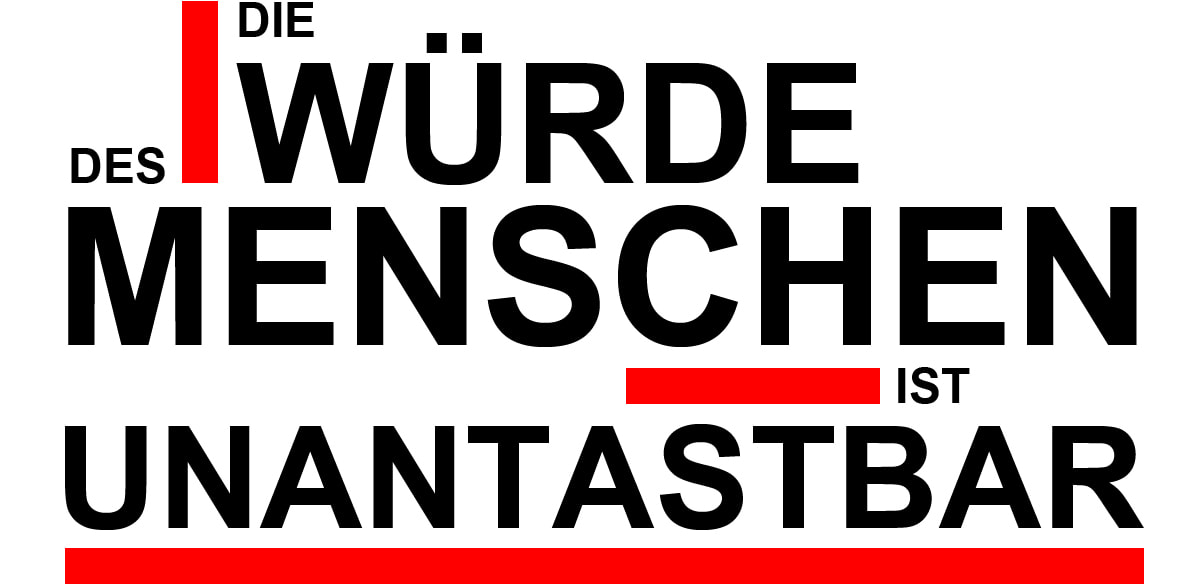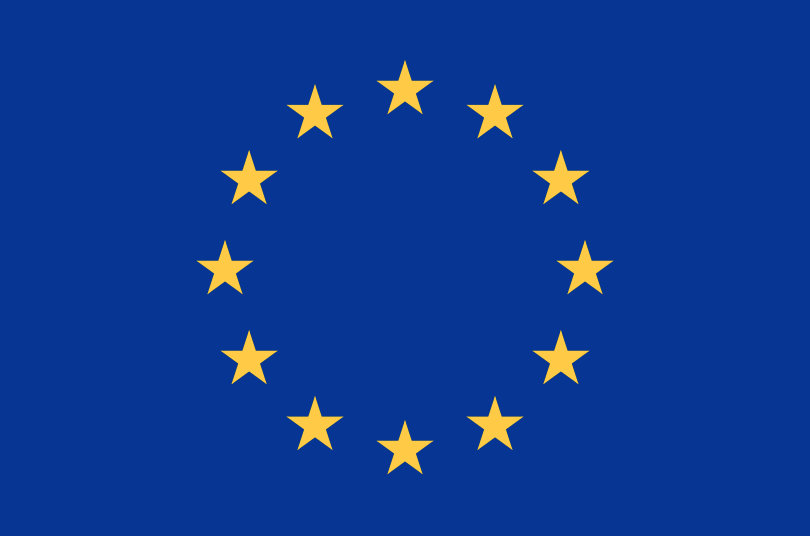|
I was at a conference last summer where, amongst other topics, there was a discussion of the concept of ‘dignity’. It was not a philosophical discussion. It was about whether, and how far, the value we attach to human dignity can help us make moral judgements about public policy in difficult cases. It is a concept recognised, among other places, in the UN’s 1948 Universal Declaration of Human Rights, in the post-war German constitution and in the EU’s own Charter of Fundamental Rights.
Two cases Two hypothetical cases were put forward for discussion. One involved the case of a terminally ill child. In this case there was a conflict between the doctors and the parents over the doctors’ wish not to continue further treatment. The child was put under the protection of the courts and a judge had to decide whether, or not, treatment should be continued. In the other case, a driverless car, containing a passenger with a capability to override the driverless feature, was involved in a collision with a cyclist who died as a result.
0 Comments
Bureaucracy unchained
The EU has long had to combat the damaging image that it is a bureaucratic conveyor-belt of laws and regulations without an ‘off’ button. According to this image, Brussels red tape will eventually tie down anything that moves. The main instrument that the EU Treaties offer to combat this image is through their provisions on ‘subsidiarity’. ‘Subsidiarity’ is an ugly word. For many people it is yet another unintelligible piece of Brussels jargon. However, it stands for a highly important principle. The provisions are intended to ensure that the EU does not act without justification. It is about sorting out who does what – the EU or the Member States and their regions. Subsidiarity is not a concept to make the heart sing. But, when we look at Euroscepticism in the Union, or the rise of nationalist parties, it is important to address the conveyor-belt image. It reflects a world of confusion about who should do what – a world where the politicians in national capitals can blame Brussels for popular discontents and the institutions in Brussels can blame politicians in national capitals. So! Bear with me. This long blog will take you through the basics. |
Archives
June 2024
|



 RSS Feed
RSS Feed